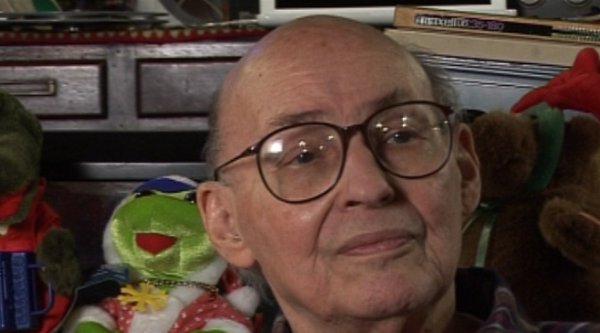NEXT STORY

My relationship with Richard Feynman
RELATED STORIES

NEXT STORY

My relationship with Richard Feynman
RELATED STORIES


|
Views | Duration | |
|---|---|---|---|
| 141. The beginning of the Media Lab at MIT | 1022 | 01:28 | |
| 142. Seymour Papert's theory of constructivism | 1233 | 01:24 | |
| 143. The Society of Mind theory developed from teaching | 1046 | 02:33 | |
| 144. Collaborations in my career | 979 | 02:35 | |
| 145. Working with Push Singh | 1200 | 01:23 | |
| 146. My relationship with Richard Feynman | 1 | 3917 | 02:25 |
| 147. 'The current climate crisis clouds visions of the future' | 1237 | 00:53 | |
| 148. Will humans live longer and longer? | 1167 | 02:02 | |
| 149. Consequences of a larger population and longer life | 1101 | 02:32 | |
| 150. The opportunities for research within Artificial Intelligence | 1 | 1138 | 03:00 |


And then many years later, another student appeared named Push Singh. And for the first time again in a decade, I was working closely and he was a great programmer and... we had a partnership of developing this emotion machine class of theories. The trouble is, he unexpectedly, suddenly died. And so, right now I’m in a situation where I don’t have a single major collaborator, which is a little bit strange because it takes... if I get an idea, it usually takes too long to explain it to a stranger. I just have to... write an essay or something. So, I think I’m sort of hoping that someone will turn up again sometime, and I have a couple of possible candidates who might be good collaborators. So, there’s a downside to being partners. If one of them disappears you have to find another one.
Marvin Minsky (1927-2016) was one of the pioneers of the field of Artificial Intelligence, founding the MIT AI lab in 1970. He also made many contributions to the fields of mathematics, cognitive psychology, robotics, optics and computational linguistics. Since the 1950s, he had been attempting to define and explain human cognition, the ideas of which can be found in his two books, The Emotion Machine and The Society of Mind. His many inventions include the first confocal scanning microscope, the first neural network simulator (SNARC) and the first LOGO 'turtle'.
Title: Working with Push Singh
Listeners: Christopher Sykes
Christopher Sykes is a London-based television producer and director who has made a number of documentary films for BBC TV, Channel 4 and PBS.
Tags: The Emotion Machine, Push Singh
Duration: 1 minute, 24 seconds
Date story recorded: 29-31 Jan 2011
Date story went live: 13 May 2011